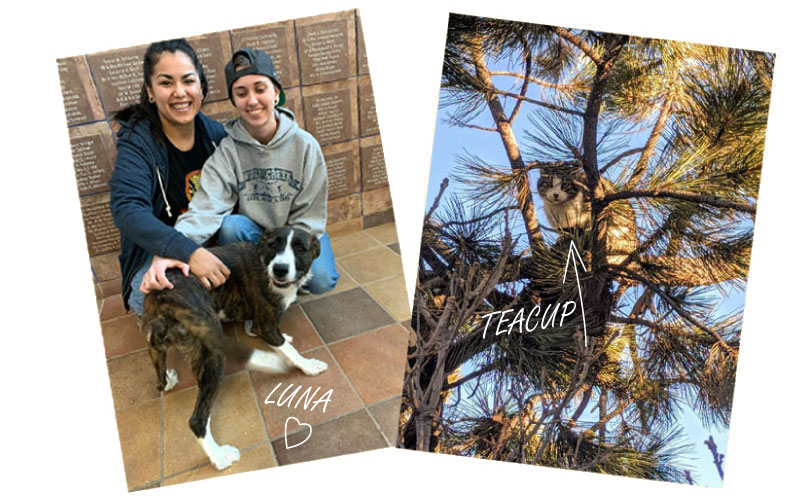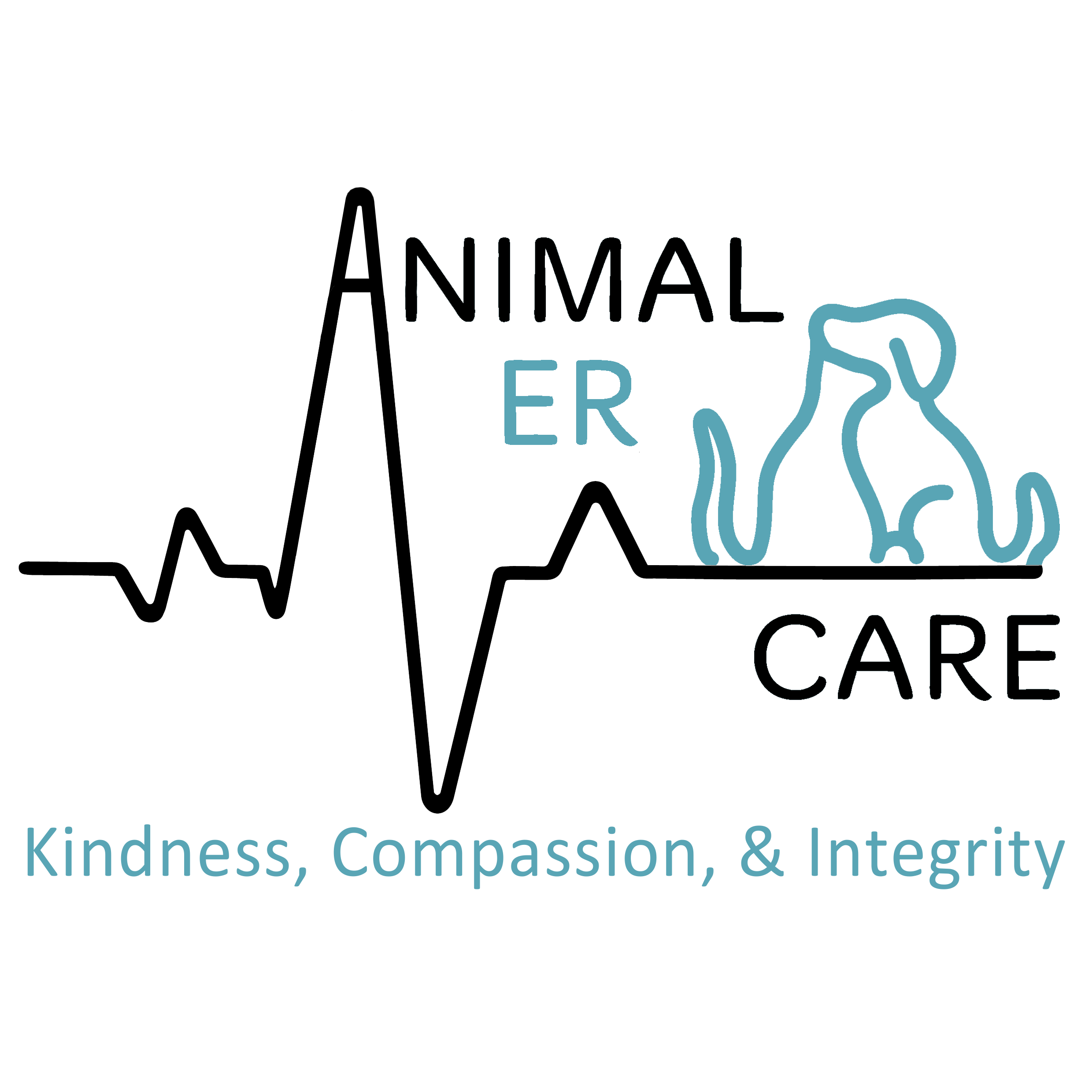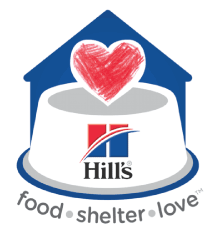Happy pet, healthy pet, sick pet, mad pet, Homeless pet, abused pet, lost pet, glad pet!
As a Socially Conscious Shelter (SCS)(check out our previous blog for a breakdown of what SCS means), we take in every domestic pet in need, and we see it as our duty to ensure every unwanted or homeless pet has a safe place to go for shelter and care! We accomplish this in three key ways:
We’re an open-admission shelter.
This means we NEVER turn a blind eye to a pet in need, even if they are terminally ill, behaviorally unsafe, poorly socialized, etc. We give them a place to feel sheltered, nourished, warm and loved, regardless of how/why they are entering our shelter. For example, they could be brought in by their owners, they could be stray animals, or they could be brought in by Animal Law Enforcement (ALE) for their own protection. Regardless of how or why they walk through our doors, we are here to give them a second chance. On the other hand, limited-admission shelters can pick which animals they take into their care. However, if we, as an open-admission shelter that takes in all pets, were to base our success on a single, arbitrary statistic, animals would suffer as a result. They would be kept alive even though they may be ill and suffering, or they would be forced to live out their lives in small kennels with limited interaction due to being unsafe to handle.
Luna the pup is a great example of this! Her owner brought her into our Pueblo campus requesting euthanasia for behavior and saying that she bites when being kenneled. As a shelter, this type of behavior can be very difficult to deal with, as we must kennel all the animals for their protection and safety, and to maintain a sanitary environment. However, because we are an open-admission shelter, we took her in with open arms and minds. Good thing we did! After her behavior evaluation, we found she had some fearful tendencies. So, our Behavior Programs Manager got to work and gave her lots of treats when she interacted well with humans and when she was being kenneled. As a result, she began to associate people and her kennel with positive moments, and her behavior did a complete 180! She was quickly adopted and is adjusting well to her new home.

We have an extensive foster care program and transfer network.
In a shelter setting, it isn’t uncommon for minor behavioral issues and medical concerns to get worse during a pet’s stay due to the stressful environment and number of contagions. The solution? When sick and/or behaviorally-challenged pets enter our shelter, and we believe they won’t thrive here, instead of denying them the shelter and safety they deserve, we lean on foster volunteers and transfer partners to help us get the animal what he/she needs to be successful. We always want the pets in our care to go into a better situation, so we carefully vet and choose the best transfer partners and foster homes for each animal in need.
Frank’s (previously Caleb) story showcases a medical case that was resolved through foster care. When he arrived at our shelter, he was emaciated, he had lost most of his hair due to a bad case of mange, and he had an injury to his right hind leg that was so severe he wasn’t walking on it. We instantly worked to get him the leg surgery he needed, but with his other health concerns and recovery time, we knew that keeping him in the shelter would make it difficult for him to reach a healthy state. That’s where our foster program came into play. We sent Frank to a foster home where his foster parents ensured he got the love, medication, food, shelter, and physical therapy he needed to grow healthy and strong for adoption!
Another unique story is that of Tea Cup, the feral cat. She previously lived in an outdoor cat colony, managed by one of our volunteers, who ensured the colony had shelter, food, water, vaccines, and their spay/neuter surgeries. But, when her caretaker passed away, Tea Cup didn’t have access to the resources she needed for survival, so we brought her into our shelter. It was immediately clear that she was feral and didn’t like human interaction, so her options were limited because she couldn’t be adopted. Fortunately, a transfer partner of ours, Wild Blue Cat Sanctuary, has an AMAZING outdoor space for feral cats, which is a resource we at HSPPR don’t have. We transferred her to that shelter, and they integrated Tea Cup with fellow feral cats. She’s now happily living her best outdoor life among the trees and other feral cats in Black Forest, Colorado!
Our Animal Law Enforcement team ensures stray pets and animals in danger have a place to go.
As providers of Animal Law Enforcement (ALE), we have a duty to protect the pets of our community, and that means bringing them in to our shelter when they are homeless strays or are living in unsafe conditions. Rather than turn a blind eye to these pets in need, we work to reunite the stray animals with their owners, serve justice for the mistreated animals, and get those with no owners adopted.
As an example, meet Butch, Gregio, and Hedwig. They came to our Pueblo shelter after our ALE officers were called out to a house by Pueblo Police. When ALE arrived, they saw very poor living conditions, including lots of feces and urine. They also noted the animals all looked very ill and needed immediate veterinary care.
Instead of turning these animals away because of their poor prognoses, we had their owners give the animals over to us, so we could provide them with the medical treatment they needed. Then we opened an investigation regarding their mistreatment.
Butch, the eight-year-old dog, was very emaciated and his blood work showed signs of hypothyroidism. He had also been vomiting up and passing a foreign material, which looked like a leash, that he ingested before he came into our care. However, since entering our shelter, gained a bit of weight, his x-rays show that he has no obstructions in his stomach, and he has such a good prognosis that he is headed to foster care for his recovery!
However, Hedwig and Gregio, the two 13-year-old cats found with Butch, both had generalized emaciation due to chronic malnutrition, severely matted fur with ticks, discharge coming out of their eyes and noses (indicating upper respiratory infection), and severe periodontal disease, meaning they needed most of their teeth removed due to decay. When they arrived, we instantly knew their prognosis was poor, but that didn’t stop us from removing them from their abusive household and giving them comfort during their time with us. We worked to treat their conditions, but due to their age and chronic illnesses, they weren’t recovering, so our veterinary team made the compassionate choice to humanely euthanize them.
This is what Socially Conscious Sheltering is all about—making sure EVERY pet gets the love, comfort, shelter and safety he/she deserves. Sometimes, that means foster care and adoption. Other times, it means a transfer to a facility better suited to the needs of said animal. Often, it means sheltering a pet until his/her owner comes in to reclaim. And every once in a while, it means making the difficult, but compassionate decision to alleviate suffering through humane euthanasia.








